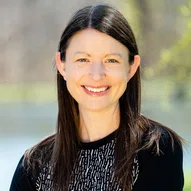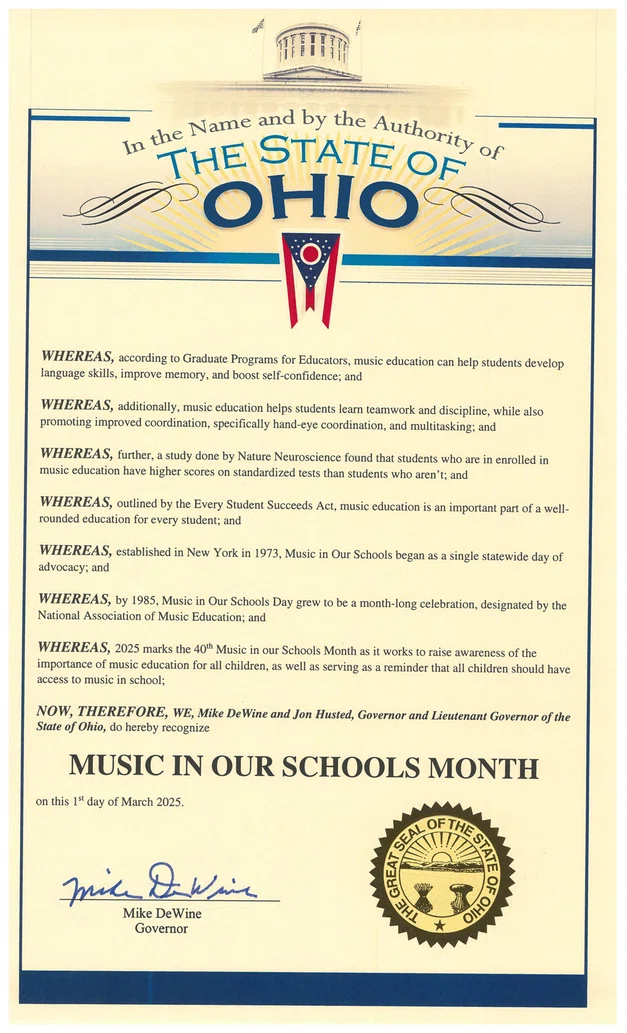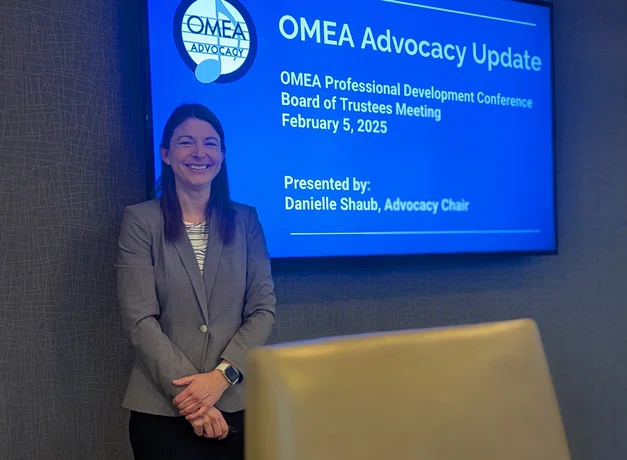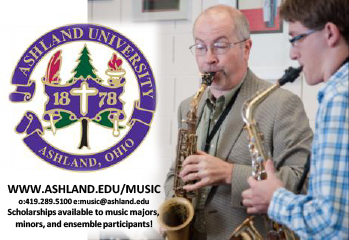©2025 Ohio Music Education Association




Danielle Shaub, Advocacy Chair
Ohio Governor Mike DeWine Declares March as Music In Our Schools Month
Ohio Governor Mike DeWine Declares March as Music In Our Schools Month
In recognition of the importance of music education, Ohio Governor Mike DeWine has officially proclaimed March as Music In Our Schools Month. This is the 40th year March has been designated by the National Association for Music Education for the observance of Music In Our Schools Month. This proclamation serves as a powerful statement of support for music education, reinforcing its essential role in student development and academic achievement. Music educators and advocates can leverage this recognition to further promote the value of music programs in schools and communities. The proclamation highlights the numerous benefits of music education, including its positive impact on cognitive development, social-emotional learning, and academic performance. It also acknowledges the hard work and dedication of music educators across the state and encourages school districts to prioritize and celebrate music education throughout the month.
Educators can use this proclamation as a tool to advocate for increased funding, resources, and support for their programs. Sharing the official proclamation with school administrators, local government officials, and community organizations can help build momentum and strengthen the case for sustained investment in music education. Schools and community groups are encouraged to host special events, share student success stories, and engage local media to enhance the message that music education is a vital component of a well-rounded education.
Music educators hold a unique position, not just as teachers but as advocates for the importance of music education. In a time when arts programs are frequently under scrutiny, proactive advocacy can ensure that music remains an integral part of education.
You might be asking, “Where or how do I even start?” If you are asking that question and looking for other tips, below are some creative strategies for music educators to advocate for music education within their schools and communities.

Showcase Student Success
Showcase Student Success
Organize performances that highlight student growth, creativity, and collaboration. Host “Music in Our Schools” concerts during March to celebrate National Music in Our Schools Month. Incorporate visual displays of student testimonials or progress data to reinforce the importance of music education.
Community Advocacy Tip: Share performance highlights and stories on social media or in local newspapers.
Create Student-Led Advocacy Projects
Create Student-Led Advocacy Projects
Empower students to take the lead in advocating for music education. Encourage them to organize events like a “Music Advocacy Night,” where they perform, present research on music’s impact, or share personal stories about how music has influenced their lives.
School Advocacy Tip: Invite school board members, administrators, and local leaders to these events, showcasing students as advocates. Highlight their work in newsletters or on social media to extend the reach of their advocacy.
Host a “Music Around the World” Family Night
Host a “Music Around the World” Family Night
Create an interactive event where families explore music from different cultures. Set up stations with hands-on activities like drumming, folk dancing, or trying out unique instruments. Include student performances of global music pieces to showcase their learning.
Community Advocacy Tip: Use this event to highlight how music brings awareness to cultural and global understanding. Provide take-home materials about the benefits of music education and its role in developing well-rounded students.
Advocate Through Data
Advocate Through Data
Highlight the benefits of music education using data. Share research showing the link between music education and improved academic achievement, emotional well-being, and college readiness. Adapt the data to your audience, whether it's administrators, board members, or community stakeholders.
School Advocacy Tip: Incorporate district-specific statistics, such as the number of students involved in music programs and their academic successes in presentations.
Leverage Social Media and Technology
Leverage Social Media and Technology
Create a strong online presence for your music program. Share photos, videos, and testimonials from students and alumni. Use Instagram or Facebook to heighten your program’s achievements and reach a broader audience.
Community Advocacy Tip: Start a series called "Where Are They Now?" featuring alumni who credit music education for their success.
Music education advocacy is most effective when it is intentional, collaborative, and community-focused. By implementing these strategies, music educators can advocate for their programs and ensure the enduring presence of music in our schools. Remember, every conversation, performance, and partnership is an opportunity to advocate.
For more resources and advocacy tools, visit the Ohio Music Education Association (OMEA) website under the “resources” tab, select advocacy.





